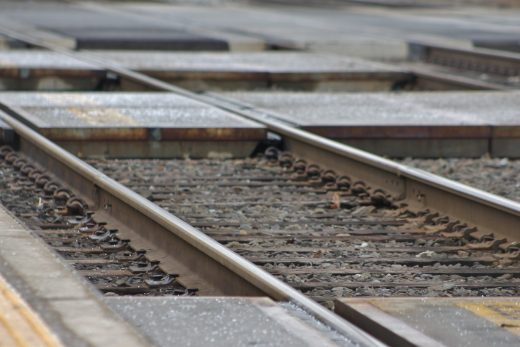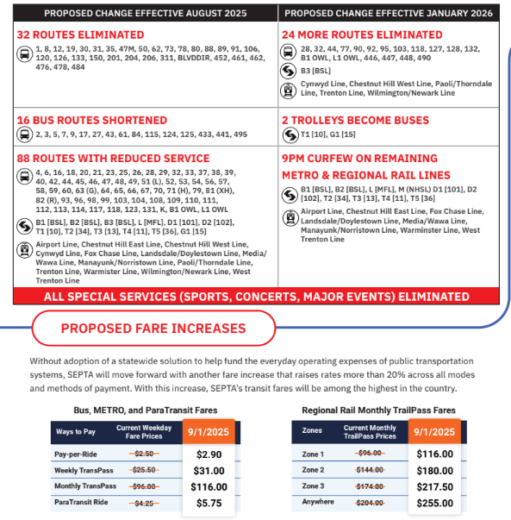SEPTA’s proposed budget, which includes drastic service cuts and fare hikes, has ignited concern from residents and officials in Bucks County.
The proposed plan aims to address a $213 million budget deficit and threatens to eliminate the Trenton Regional Rail Line and several key bus routes, which would impact commuters and businesses in the area.
SEPTA’s Fiscal Year 2026 operating budget proposal outlines a 45 percent service reduction, including the elimination of the Trenton Line, which has Levittown, Bristol, and Croydon stations. Several area bus routes are slated for elimination. Cuts would take place in August and January 2025.
State Sen. Frank Farry, a Republican from Langhorne Borough, said he knows the importance of “robust public transit” and expressed his interest in seeing how his fellow lawmakers would lay out funding SEPTA during budget negotiations.
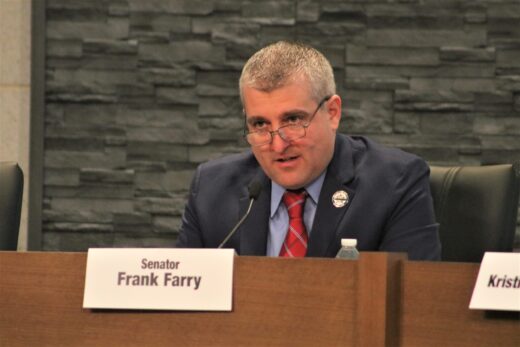
Farry has proposed taxing skilled games as a potential revenue source. He added that that half of the projected $1 billion in new revenue would be allocated to transportation funding.
The senator noted he has used SEPTA and took it frequently when traveling from Bucks County to Philadelphia for law school.
State Sen. Steve Santarsiero, a Democrat from Lower Makefield Township, said SEPTA plays a major role in transporting Bucks Countians and supporting the region’s economy. He noted that drastic cuts will have negative impacts.
“We kicked the can down the road last year … but we really now need to face the reality,” he said. “Our largest transit agency in the state needs funding.”
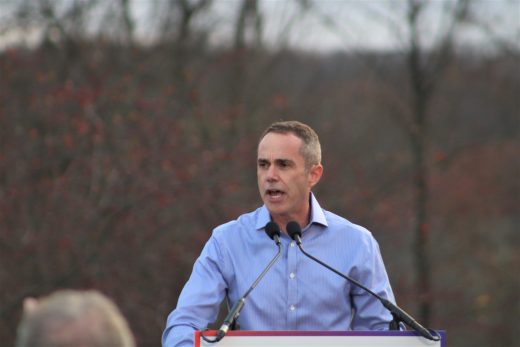
Santarsiero said that the governor’s budget proposal to send more money to public transit across the state “sounds reasonable.” He added that he is not opposed to looking at new revenue streams for SEPTA, including Farry’s proposal, but any alternative will need to have “broad bipartisan support.”
“This has to be a priority for us,” he said.
“These proposed service reductions would have a significant impact on Lower Bucks County residents who rely on SEPTA to get to work, school, medical appointments, and other essential destinations,” said State Rep. Tina Davis, a Democrat from Bristol Township. “The Trenton Line, in particular, is not only well-utilized—it’s also a profitable line. Eliminating it would reduce access and opportunity for thousands of commuters.”
Davis called the proposal “deeply troubling” and highlighted the Trenton Line’s profitability, while arguing its elimination would reduce access for thousands.
State Rep. Jim Prokopiak, a Democrat from Falls Township, echoed Davis’s concerns.
The lawmaker condemned the cuts as a “direct consequence of inaction in the Pennsylvania State Senate.” He joined Democratic Gov. Josh Shapiro and House Democratic leaders in urging the Pennsylvania Senate to support the governor’s public transit funding plan.
“Public transportation is a public good — and it’s time the legislature treats it that way. We need long-term, sustainable funding for SEPTA and transit systems across the state, not a death spiral of service cuts and fare hikes. If SEPTA’s goal is to attract new riders, eliminating service is the absolute wrong way to do it,” Prokopiak said.
State Rep. Perry Warren, a Democrat from Newtown Borough, said he supported more state funding for SEPTA.
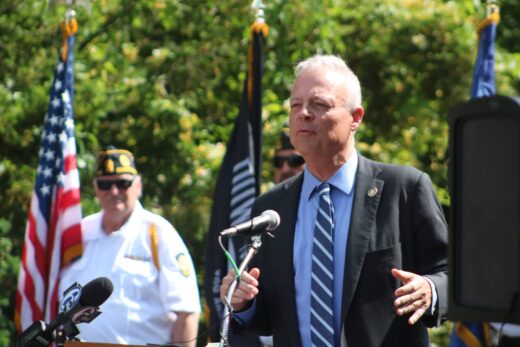
“Without restored state public transit funding, SEPTA’s budget would include significant fare increases and reductions in service — cuts that would directly impact the West Trenton Regional Rail Line and the broader region,” Warren said, adding he has voted in the past to support public transit funding.
“When fewer people are on the train, more cars are on the road. That means more traffic congestion, higher emissions, and lower air quality,” he said. “Supporting transit is part of our commitment to sustainability and environmental responsibility.”
The Bucks County Commissioners, in a bipartisan statement, expressed their alarm, stating, “These cuts would come as an enormous blow to thousands of county residents and hundreds of businesses who rely on regional rail and bus service to support their livelihoods.”
The commissioners pointed to the broader economic impact, noting that “Southeastern Pennsylvania is the economic engine of the Commonwealth, and mass transit is its lifeblood.”
“We hope for a quick resolution that invests in reliable mass transit in our region and throughout the Commonwealth,” the commissioners said.
State Rep. Joe Hogan, a Republican from Middletown Township, stated, “Public transit is incredibly important for the region and thousands of working families, seniors, and students in our community.”
The GOP lawmaker called for a “sustainable solution that protects services and addresses SEPTA’s long-term financial solvency,” while also emphasizing the need for increased control and efficiencies.
Stephen Noll, executive director of TMA Bucks, a nonprofit transit organization, emphasized the vital role of public transportation in the region’s economy.
“For many, it is the difference between relying on welfare and being able to access gainful employment. For some, it makes the difference between locating a new business and the jobs it brings in our area instead of in another state. For others, it is the difference between being able to shop, dine, and play in the community and being stuck at home in isolation. It keeps thousands of cars off of roadways, allowing for faster movement of goods and services. There is simply no question that the revenues and economic activity that result from a well-funded and useful public transportation system far outweigh the Commonwealth’s investment in systems statewide,” Noll said.
Noll urged the state legislature to approve funding for public transportation and highlighted the economic benefits of a well-funded system.
SEPTA attributes the budget deficit to the expiration of federal COVID-19 relief funds, rising operating costs, and challenges related to crime and disorder.
Despite cost-cutting measures, agency officials said SEPTA still faces a significant shortfall that has prompted the proposed service reductions and fare increases.
Advertisement

Convenient Legal Access to High Quality Cannabis Just A Few Minutes Away!




